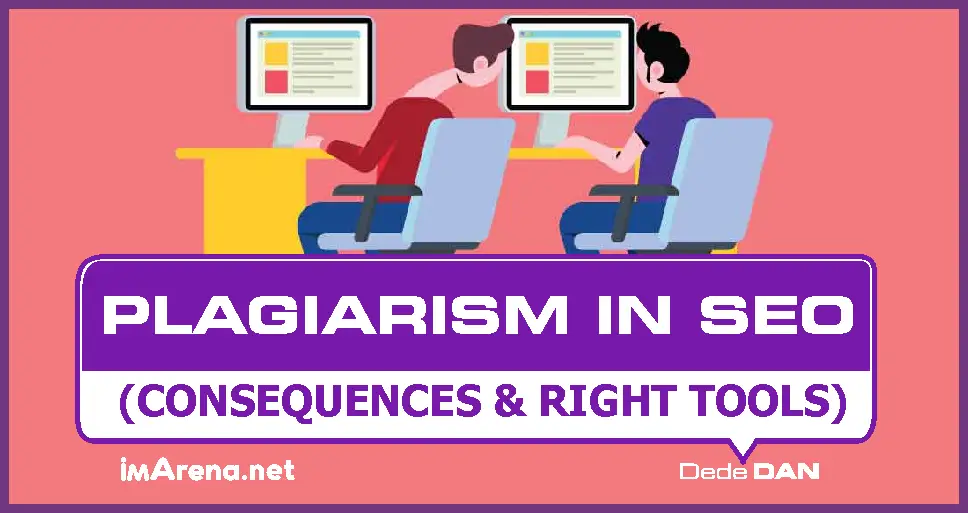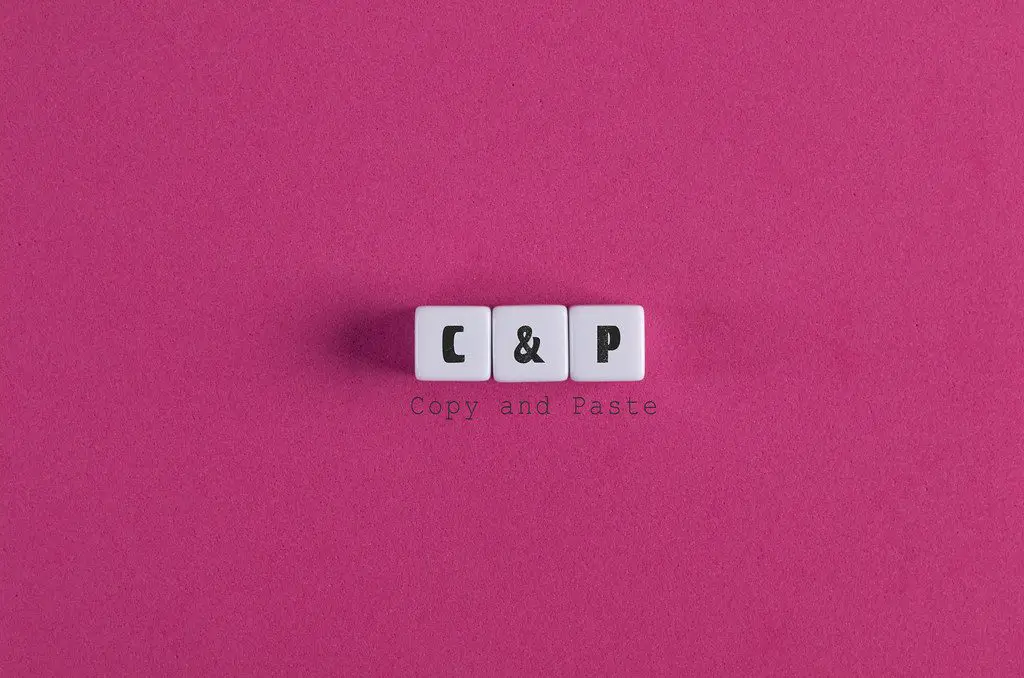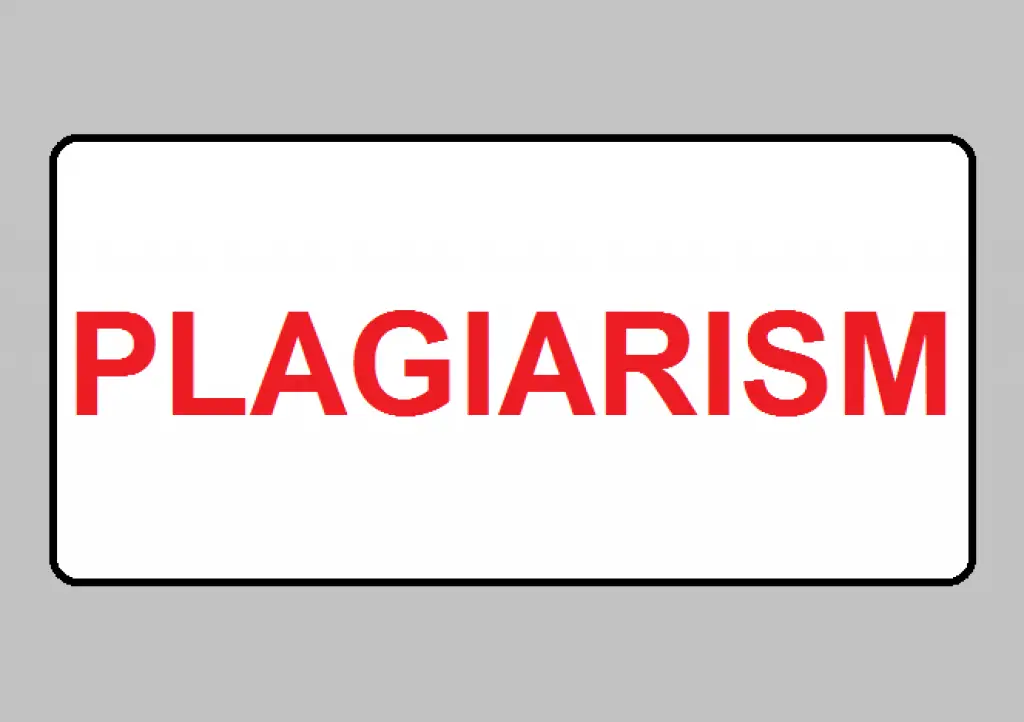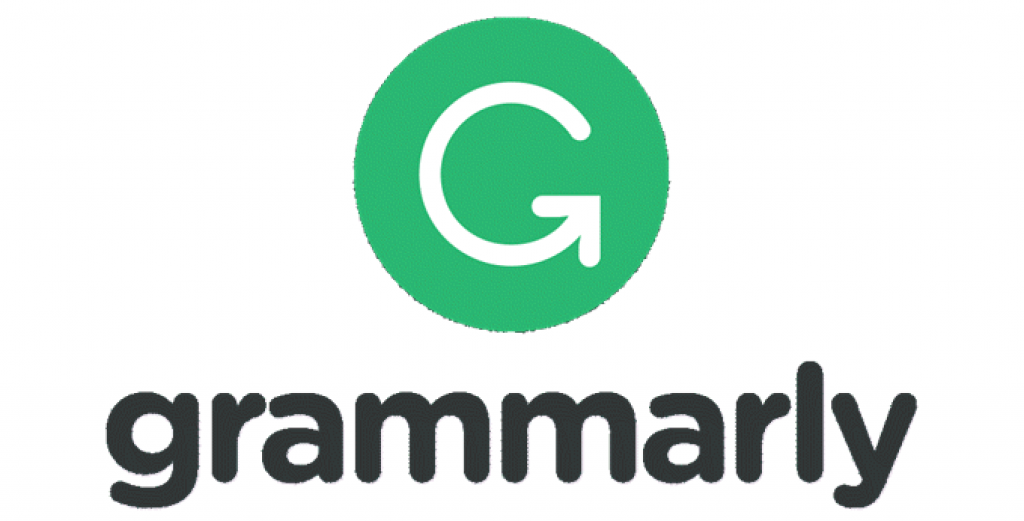

I hope you enjoy reading this blog post.
If you want my team to just do your marketing for you, click here.
Plagiarism is a very delicate issue as far as online content creation is concerned. With search engines like Google getting smarter by the day, there are now dire consequences of plagiarism for blogs that copy other people’s content. The simplest way around this is to make use of plagiarism checker tools.
In this post, we will be looking at the meaning of plagiarism, the tools, and its consequences as it touches on SEO.
What is Plagiarism In SEO?
Plagiarism in SEO means presenting another person’s blog content as yours. It is the act of using words, ideas, or information from another online source in your own blog especially without acknowledging the original author. According to the University of Oxford, plagiarism is defined as:
Plagiarism refers to the act of presenting another person’s ideas or work as your own without acknowledgment. The act of plagiarism can be deliberate, reckless, or accidental.
Your blog or website SEO can be negatively affected by plagiarism, and we will discuss that further when we treat the consequences of plagiarism in SEO.
Types Of Plagiarism
Plagiarism comes in different forms and in this section, we will be looking at different types of plagiarism in blog writing.

My Agency can Help You Make Money Online
Cashcow Videos - we create engaging faceless cashcow and business explainer videos that earn passive income.
Monetized Blogs - select from our list of ready-made niche blogs that are already approved for monetization.
Business or Website Traffic - using various digital marketing strategies, we drive massive amounts of targeted traffic to your website.
It can be difficult to estimate the amount of copied content that is taking up space on the internet. Many article writers believe they are doing well, but they don’t realize that they have committed plagiarism unknowingly. Below are a few types of SEO plagiarism one might encounter in blog or content writing.
a) Accidental Plagiarism
Accidental plagiarism happens when you quote exactly as it is written from a website and not attribute only because you don’t know-how. On some occasions why might write certain sentences on your own without copying anyone and yet, the sentence may have been written by another on another website without you even knowing.
b) Patch-writing
Patch writing involves paraphrasing or rewriting content from another website without adding anything unique or of value to the write-up. For this reason, it is considered plagiarism. It is a common form of SEO plagiarism among cheap content writers, who often write anonymously for a low price.
If the writer can paraphrase well, then the content will most likely pass the plagiarism test. Still, it is unethical, and bad for SEO. Google may rank your content lower than others, or even omit to index it altogether.
c) Mozaic Plagiarism
When you quote content from a blog or website without attribution or using a quotation, it is referred to as mosaic plagiarism. This type of plagiarism can either be intentional or unintentional, but cannot be resolved with plagiarism checker tools. It is not wrong to quote a source in your blog to make a point or for statistics but you should endeavor to present it as a quote with proper attribution.
d) Direct plagiarism (Copy and Paste)

This is when you directly copy and paste entire websites or sections of different websites onto another website. This is usually an intentional act by some bloggers or website owners. They copy content they like from other people’s websites and paste it on theirs without acknowledging the author.
e) Image Plagiarism
Images are also part of blog content and are usually there to aid readers in easily consuming the write-up. When you copy an image on someone’s website without proper attribution, you will be committing image plagiarism.
Consequences of Plagiarism in SEO
Plagiarism in itself is wrong. It is not a noble act in terms of character and of the law. But those areas are not only where the act of plagiarism is found to have consequences. In the world of SEO, plagiarism also has consequences. In this section, we are going to highlight some of the major consequences of plagiarism in SEO.
#1. Lower Ranking In SERPs
When you copy someone’s content and paste it on your website in a bid to rank the content, you end up hurting yourself in the end.
This is one of the biggest consequences of plagiarism in SEO. You see, search engines can detect when website content has appeared before on another website. They know the date and time such content was published and as such they know the original author of the content.
By being able to detect this, they consider some material appearing again as duplicate content and only consider the first as the original. As a result, search engines will rank the plagiarised content very low and that defeats the purpose of getting any organic traffic from search engines.
So unless you have no intention of ranking high on SERPs, don’t venture into plagiarizing other people’s content.
#2. Plagiarized Content Is Considered Of No Value
Since the content you are publishing is going to be considered duplicate content by search engines, Google will in some cases even refuse to index your content as it finds nothing unique or of value in it.
So since Google doesn’t consider your content to have anything of value, your plagiarized content might not even stand a chance of being indexed. As such, it may not even appear in the SERPs. And if your content doesn’t appear in SERPs, then of what value is it to your blog?
#3. It Can Cause You To Lose Backlinks from Reputable Sites
Many reputable websites care about the websites they link out to. They don’t want to be identified with a website that is engaged in content theft. As long as Google keeps ranking the website with the original content higher, people are going to notice you only copied from another source.
And once you are marked as posting copied content, some reputable website might not want to link to your site. Some might go as far as removing those links and giving them to the website that has the original version of the post. When such happens, you have lost some backlinks and that can affect your website ranking.
#3. Damaged Reputation
One of the consequences of plagiarism in SEO is that over time, some of your site visitors will get to notice that you are copying another website. This will make them lose trust in your site and most of them will divert to the website with the original content. This is because they will see the website with the original content as a more trustworthy resort.

Also, if someone sees that the article he wanted to read already appeared somewhere first, it will lead to a high bounce rate when signals to Google that people are not finding your content useful. This will in turn affect your ranking in SERPs.
How to Avoid Plagiarism In Your Content
Since we have seen the consequences of plagiarism in SEO, how do we avoid it so that it doesn’t affect our search engine optimization efforts?
The following are some of the ways you can avoid plagiarism in your content.
1. Write from Your Own Ideas and Perspective
One of the surest ways to avoid plagiarism is to write from your own ideas and perspectives. Search engines love it when they see unique content that brings in new ideas and perspectives to an already existing topic.
To gain new perspectives, you might consider doing a deeper study than rehashing the same ideas. It’s good to step outside your comfort zone and think of something completely new from what already exists on the topic you want to write about.
2. Use Plagiarism Checker and Paraphrasing tools
Another way to avoid plagiarism is to paraphrase the content. You can do this yourself or you can use some paraphrasing tools. One bad thing about some paraphrasing tools is that they sound robotic. As such, many people can easily detect that the content was paraphrased.
You can avoid this by investing in some good paraphrasing tools like WordAI or Spin Rewriter. Some other free options include but are not limited to PrepostSEO. While these are not plagiarism checker tools, they will help you avoid plagiarism beforehand.
3. Hire Quality Content Writers

Mind the kind of content writers you hire to write your website content. They should be writers who are well aware of the consequences of plagiarism and would never plagiarize content. Most of these content writers use plagiarism checker tools to check your articles first.
Many cheap writers like to follow short-cuts and therefore are more prone to writing content they copy from another resource. To avoid this completely, invest more in getting a reliable writer who will write original content from his own perspective. Not only will it save you money in the long run, but it will also build your reputation.
4. Cite Your Sources
There are times we might need to quote someone, a statistic, or a definition from a source. In source cases, make sure you cite your sources in your document. Also, the content from these sources should not be more than 10% of your total content. By citing your sources, you give credit to the original authors and that keeps your reputation. intact.
How To Check Plagiarism In Your Content
To be on the safe side and avoid the consequences of plagiarism, you need to check your content for plagiarism. You can check if your content or the content written by your content writers is plagiarized using any of the plagiarism checker tools listed below.
#1. Grammarly

Grammarly is best known for its ability to check for grammatical errors, analyze text for readability, and suggest improvements.
However, it also provides a plagiarism-checker, which compares your file with 16 billion web pages or academic papers.
The free version will generate an instant report which shows you how many problems your document has and whether plagiarism was detected. However, it won’t show you where they are.
Grammarly’s premium plagiarism checker is available for a nominal fee. It flags sentences, provides source references, offers advanced feedback, and assigns your document an originality rating.
#2. Plagiarism Checker By IMarena.net

The plagiarism checker by IMarena.net is a completely free plagiarism checker tool that you can use to check your content for plagiarism. This tool is one of the over 15 SEO tools they have to help webmasters rank their websites higher on search engine result pages (SERP).
This tool is quite simple to use with a user-friendly interface. All you need to do is to copy the text you want to check and paste it inside the online software. Then click on “Check for Plagiarism” and it will automatically detect any part of your text that has been copied.
#3. Plagiarisma
Plagiarisma, like Grammarly and other options on the list, is available as a free or paid version.
This plagiarism checker can be used by uploading directly to their website or using their Windows, Android, and BlackBerry plugins.
Plagiarisma can handle more than 190 languages, which is one of its perks.
You can copy and paste the text into Plagiarisma, upload files, or enter a URL to search for duplicate content.
#4. SEMRush Writing Assistant
SEMRush is one of the best tools for any blogger. This is because it encompasses a lot of tools that will help you create well-optimized content that will rank well in SERPs. So if you have a blog, SEMRush might be the best choice. You get to access a range of SEO tools that you can use when you edit content.
SEMRush Writing Assistant is only part of the SEMRush suite of features. But this specific feature also has a plagiarism detector that is specifically designed for SEO content writing.
The SEMRush Writing assistant is compatible with Google Docs, WordPress, and other plugins, so you can review content quality and plagiarising as you edit.
The tool not only checks for plagiarism but also scores you for readability, SEO, and tone of voice.
The only drawback here is that it is not free. To get access to this tool, you will need to pay $99.95 per month.
FREQUENTLY ASKED QUESTIONS ON PLAGIARISM
People tend to ask a lot of questions as regards plagiarism. Some ask to know more about the subject while some to be aware of the consequences of plagiarism. So we have decided to answer some FAQs on plagiarism.
a) Is Plagiarism illegal?
In a real sense, plagiarism does not constitute a crime. Plagiarism can be defined as professional misconduct or academic honesty violations. Plagiarism does not mean copyright violation. Copyright violations can lead to legal consequences.
In common parlance, “Plagiarism” is often misunderstood or misused. In layman’s terms, it refers to the act of copying, or reproducing, in secret, the work of another author, almost always without author permission. It is sometimes used as a synonym to “copyright violation” and generally means the same thing.
If plagiarism is a copyright violation by another name, then it would naturally be illegal. But this is not the case as both are quite different.
b) How much plagiarism is allowed?
You should aim for 100% unique content. However, if you should quote any source (which also counts for duplicate content for search engines) it shouldn’t be more than 10% of your total content.
In conclusion
Having known the consequences of plagiarism in SEO, you must proceed to write your blog content with caution, using plagiarism checker tools. If you found this post to be resourceful, leave a comment to share your thoughts and share it with your friends.





